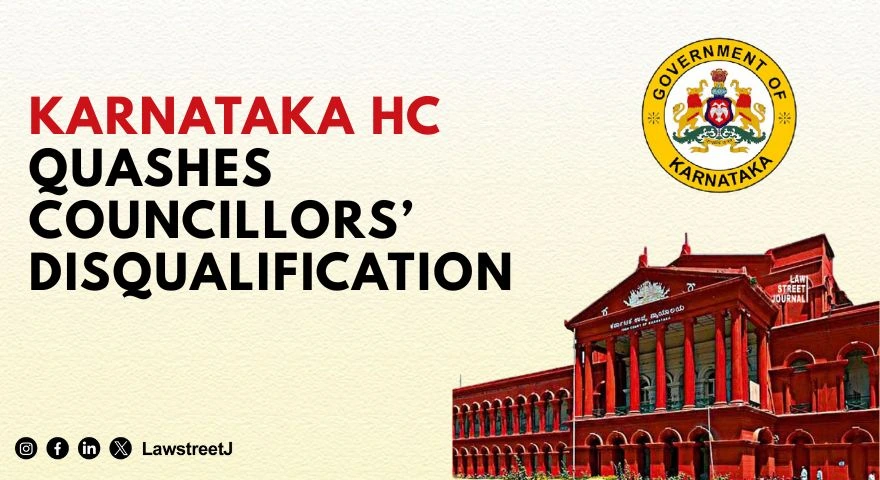In a recent case, the form of the insurance proposal included questions relating to the health and medical history of the proposer and required detailed disclosure as to whether the proposer had experienced any disease, hospitalization, or treatment, as well as a declaration of good health. The proposer replied to the questions in the negative, which indicated that he had not received any medical care or hospitalization and that he had no sickness or disease.
Acting on the basis of the request presented by the proposer, he was issued with an insurance policy. The insured died one month later. On the basis of the inquiry findings, the insurance argument made by his mother was repudiated, which stated that the deceased had suffered from a stomach ailment and vomiting of blood near death, as a result of which he had taken advantage of the hospital care.
The complaint lodged by the complainant was permitted by the District Consumer Forum. The State Consumer Disputes Redressal Commission rejected the first appeal submitted by the insurance company. Although rejecting the Revision Petition, the National Consumer Disputes Redressal Commission held that the death had occurred due to natural causes and there was no fair connexion between the cause of death and the failure to report the disease.
The bench of the Apex Court, consisting of Justices DY Chandrachud, Indu Malhotra, and Indira Banerjee, observed that the medical reports obtained during the investigation clearly indicate that the deceased suffered from a significant pre-existing medical condition that was not reported to the insurer. Holding that the judgment of the NCDRC does not define the correct legal position, the bench stated:
"A contract of insurance is one of utmost good faith. A proposer who seeks to obtain a policy of life insurance is duty-bound to disclose all material facts bearing upon the issue as to whether the insurer would consider it appropriate to assume the risk which is proposed. It is with this principle in view that the proposal form requires specific disclosure of pre-existing ailments, so as to enable the insurer to arrive at a considered decision based on the actuarial risk. In the present case, as we have indicated, the proposer failed to disclose the vomiting of blood which had taken place barely a month prior to the issuance of the policy of insurance and of the hospitalization which had been occasioned as a consequence. The investigation by the insurer indicated that the assured was suffering from a pre-existing ailment, consequent upon alcohol abuse and that the facts which were in the knowledge of the proposer had not been disclosed. This brings the ground for repudiation squarely within the principles which have been formulated by this Court in the decisions to which a reference has been made earlier"
Taking notice, however, the age of the complainant, who is seventy years of age, the bench relied on Article 142 of the Constitution to order that no recovery of the sum charged should be rendered to the complainant.

![Proposer Duty Bound to Report Pre-existing Ailments to the Insurance Provider: SC [READ JUDGMENT]](/secure/uploads/2020/10/lj_4166_sc.jpeg)






